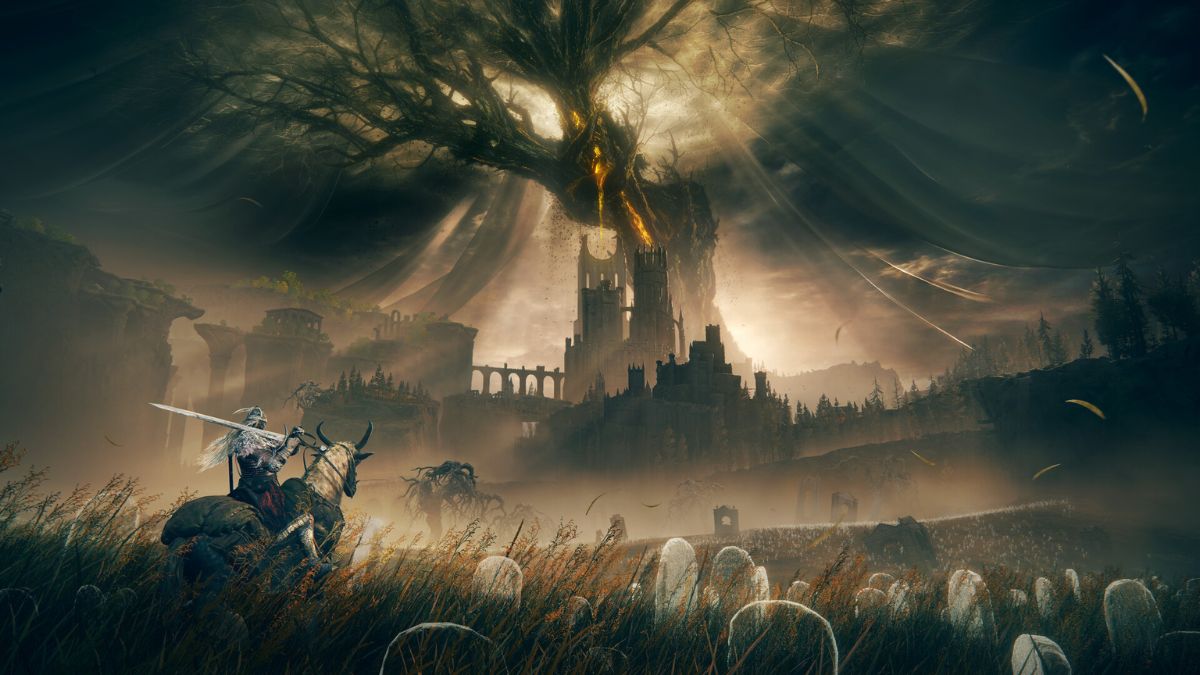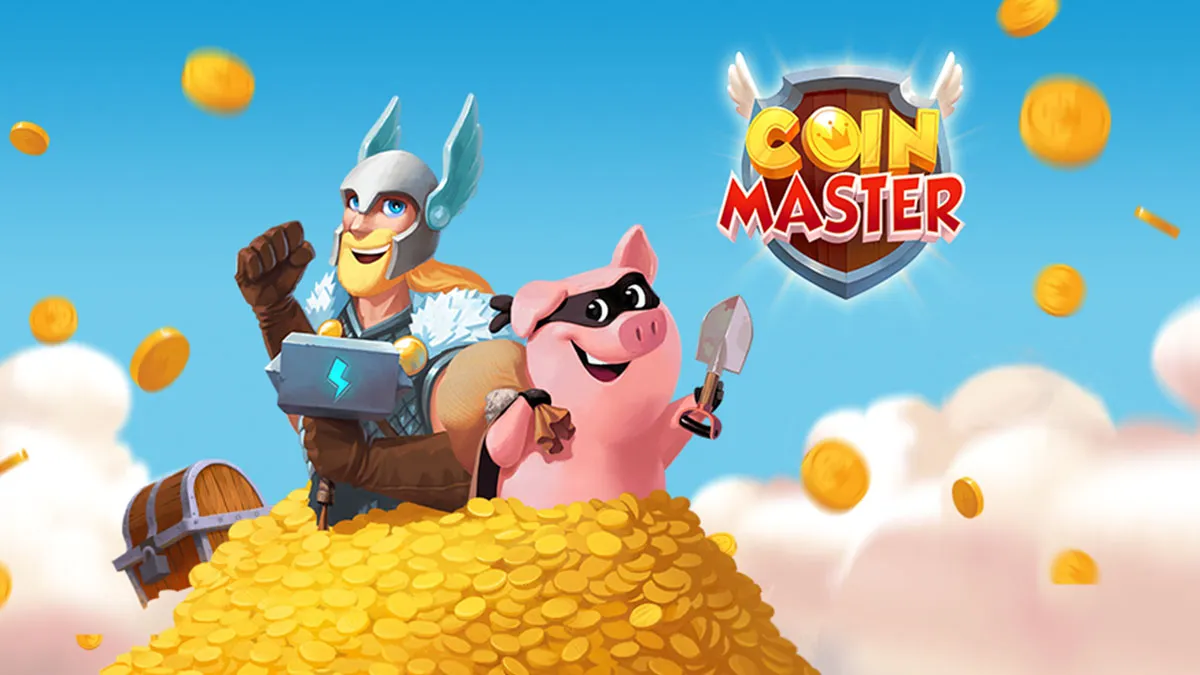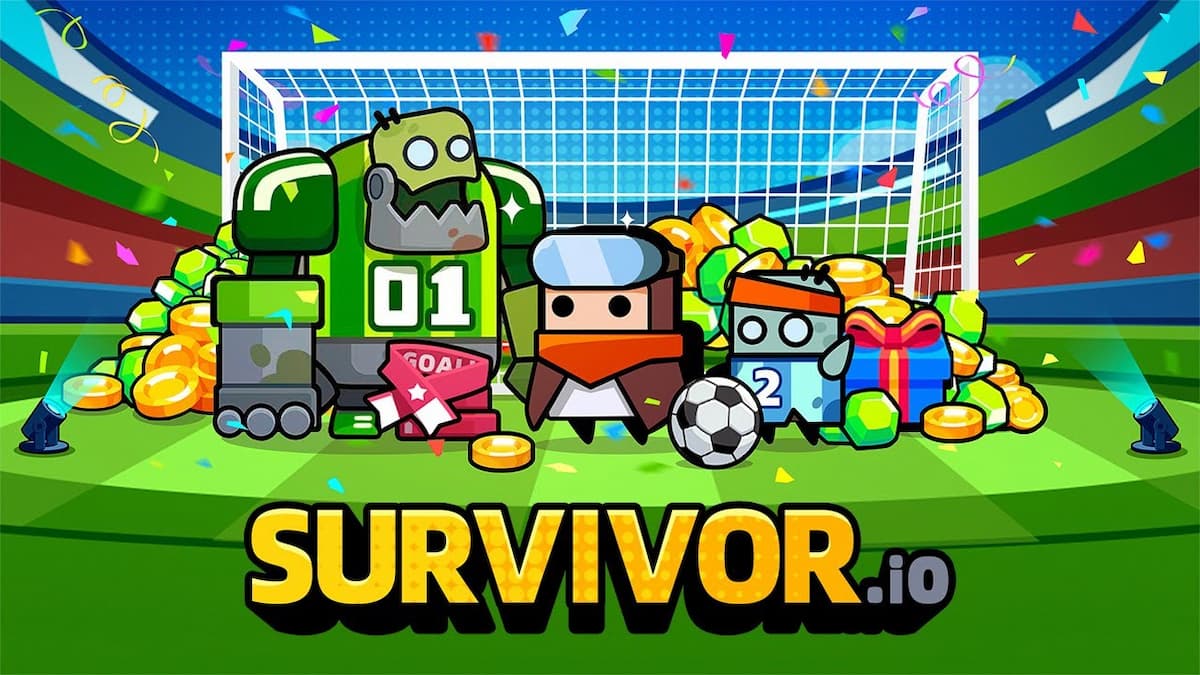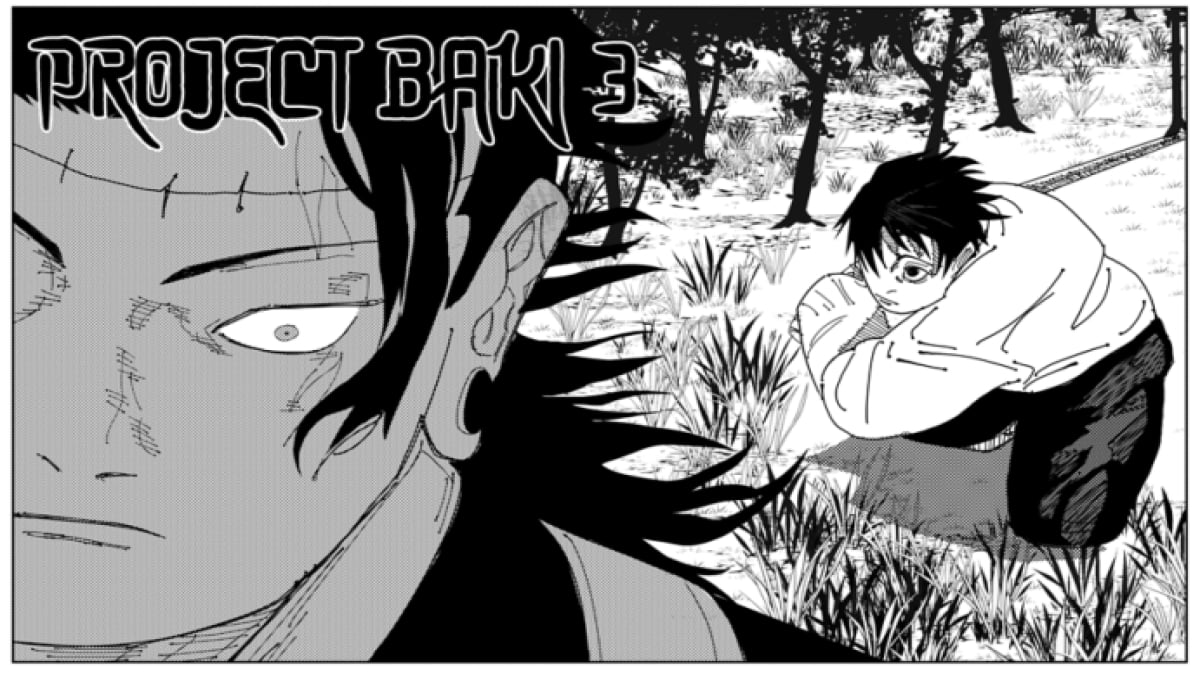In recent years, with the looming burden of copyright owners filing lawsuits against the platform, Twitch has been clamping down hard on streamers who continue to use copyrighted content. Every stream is analysed after broadcast to ensure that any copyrighted material, often music that is being played on the stream, is removed. However, any material that is considered copyrighted can cause your stream video to be taken down.
This means that when you are live, you need to make sure what you are showing and listening to is safe to broadcast in order to avoid any risk of potential reprimands from Twitch. This can be anything from muting the audio on your broadcast, to permanently banning your account depending on the severity of the offense.
To avoid this from happening, there are some steps that you can take to make sure that you avoid a DMCA strike from Twitch.
What does DMCA mean?

It’s important to know exactly what the term DMCA means and where it’s come from. Short for the Digital Millennium Copyright Act, it’s a piece of US legislation that helps to protect the owners of copyrighted material from it being used unlawfully.
Companies are allowed to use copyrighted material so long as they have permission from the copyright holder to do so, often through a paid licence. However, content that contains the use of copyrighted material can be ordered to be brought down if it breaches the DCMA terms, usually when no licence to use it is present.
When it comes to Twitch, as the platform does not authorise copyrighted material, any use of it is tracked by Twitch’s internal servers, and the offending elements are removed. A typical DMCA strike, in Twitch terms, is when a stream has used copyrighted music from a well-known artist and the original broadcast has been altered to remove the offending material. This can also affect revenue earned from advertising on streams, though it’s not clear exactly how much.
In more serious offenses, such as a stream showing a copyrighted Hollywood movie or live event with an official broadcaster, like sporting events, the channel can be deleted altogether.
As the company’s operations are based in the US, the entire platform is subject to US law, and agreeing to these rules and laws is part of the platform’s terms of service. In summary, everyone who streams on Twitch must comply with the law on copyrighted material, irrespective of where you are streaming from.
How to avoid DMCA strikes
While the rules on what can and can’t be shown on stream are changing consistently, there are a few things that you can do to make sure that you will never see a DMCA strike on your content.
Copyright-free music

The most common form of strikes on Twitch is with music. If you play a piece that is copyrighted, chances are that you will see that section of your stream VOD muted once you check back over the footage. Minor offenses typically won’t see much of a long term effect, but if you’re consistently seeing all of your streams muted for playing copyrighted music, you could be putting your account at risk.
This means that those who typically use the platform to perform live shows, such as DJs and live acting performances, is risky if anything copyrighted is being played or performed. Live musicians, even with their own accompaniment, typically need a licence to play covers of copyrighted tracks, which can affect Twitch streaming. However, playing music not copyrighted, or original music is no issue.
All the while it’s unclear as to exactly how everchanging DMCA rules will affect those whose using the platform to stream this type of material in future, content creators of this type need to stay vigilant of them to stop the risk of seeing their account banned.
However, if you are using the platform to stream content that isn’t directly involved in using copyrighted material (such as gaming), and are looking to use music as a background piece, there are options for you to use that will avoid strikes.
Music producer Harris Heller’s Stream Beats is one of the most common and simple sets of music that you can use without fear of DMCA strikes. All of the music is available on all major streaming platforms. The sets include multiple genres, including EDM, synthwave and hip-hop.
While Stream Beats is the most popular option, there are other services too that can help you, but come with caveats. Pretzel Rocks is a great alternative but requires you to download their software to use it, and Monstercat which has plenty of good quality, variety music but is a premium, if reasonably priced service.
Overclock Remix is also a great option, offering remixed video game music that is DMCA safe as it is different enough from the originals to be classified as fair use. However, you will need to make sure that you are crediting any use of the music available. The FAQ for this can help to confirm what you can and cannot do with the site’s music.
It is also advised to mute your video game music if it contains copyrighted tracks as the Twitch bots that analyse them are not sophisticated enough to differentiate in-game from regular streaming and can strike you for it.
Imagery and videos

It is more of a legal gray area when it comes to displaying images and film depending on where you source them from. Typically, purchasing a film or TV series, or subscribing to a subscription service such as Netflix will give you the licence for private viewing. Any public use is not legal unless explicit permission is given.
This does not apply to the Amazon Prime Streaming parties feature, which can be streamed on Twitch. That said, it requires viewers to have an active Amazon Prime subscription to participate in the stream.
However, watching videos from YouTube, something that is quite common amongst streamers who do Just Chatting streams, is much tougher to police from a Twitch perspective, but is still not safe. This is classified as viewing content that is not yours and if the owner of the video finds that you have done this, they will be able to request a takedown of your video. As it could also constitute a loss of earning, there may also be grounds for a legal challenge, however this is unlikely on a smaller streamers channel.
This is the same with images that are copyrighted, or people that require their image rights to show certain images of them. They have the power to take them down if requested. But like YouTube videos, you will likely find that Twitch won’t stop use of them unless a request is made to them.
The best thing that you can do to protect yourself from potential DMCA strikes by copyright holders of videos and images is to only show materials that you have created, or that you have explicit permission to use. While it might not seem like a problem when streaming, broadcasting copyrighted material it can cause complications for you off stream.
By simply sticking to your own created content, you will ensure that you will steer clear of any complications in the future.
With the tips above, you can ensure that you will never be on the end of a DMCA strike from Twitch again.







Published: Jan 15, 2021 07:40 am